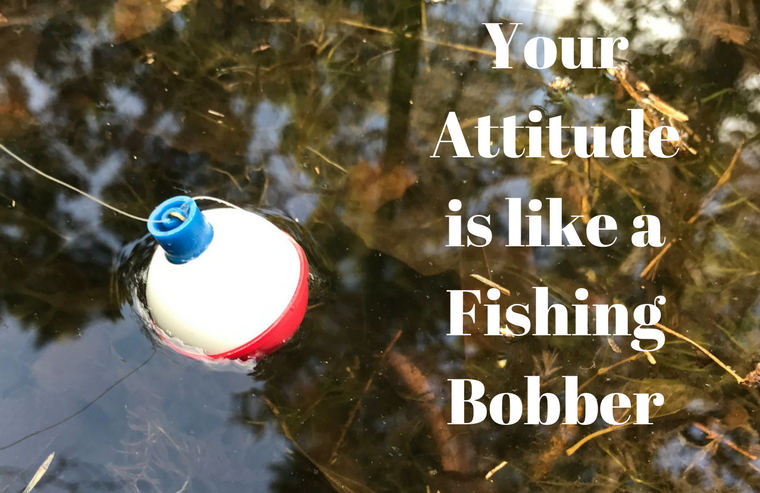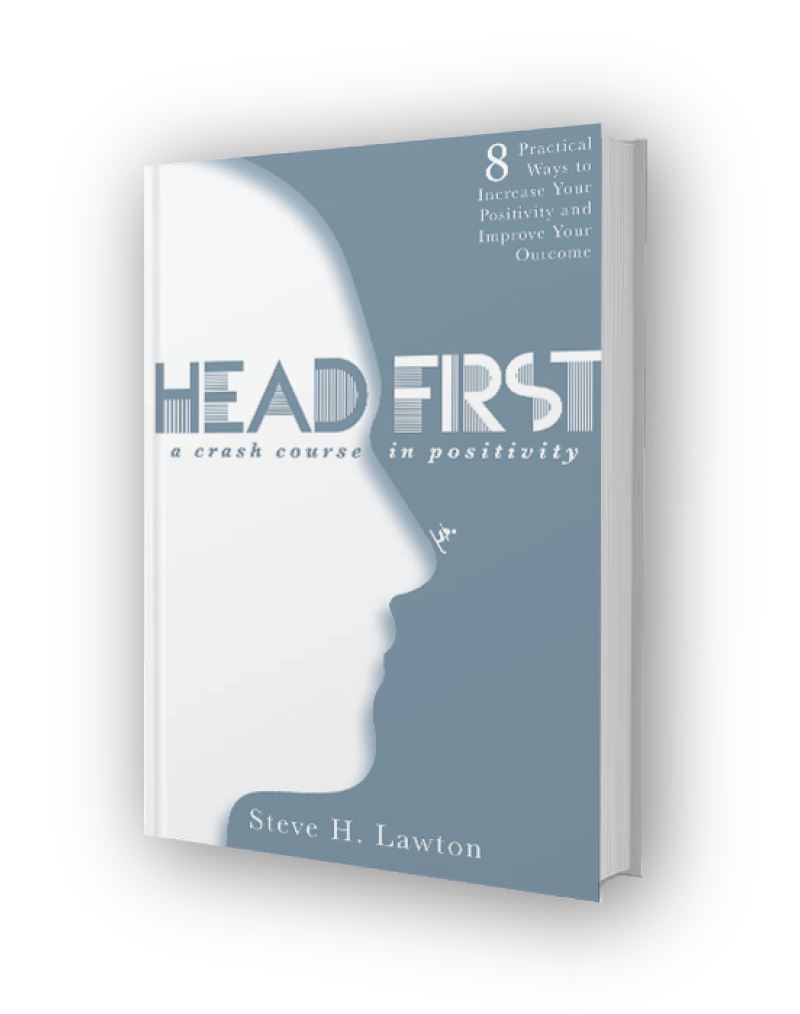Learn how to solve your toughest life challenge in 6 powerful lessons.
From the Blog
Category: Positivity Principles
What I learned from a high school lacrosse team truly surprised me. The story will convince you of the importance of the inner dialog you have with yourself and how it impacts your success. It’s a life lesson we can all benefit from.
Our ability to manage change and be successful is determined our approach and our attitude. Change is often met by resistance; these objections may come from within or from others. Here is an approach to overcome objections and successfully implement a change.
I realized I was witnessing true masters of their craft. If I want to become a master of my craft, what could I learn from them that I could apply to my life? I began observing them and brought home four takeaways that would be help me be successful in my life. I think they will help you too.
Have an important event coming up? Whether it’s a presentation at work, a performance, a crucial conversation with someone you care for, or a competition — do this one simple thing that has been scientifically proven to improve your chance of success…
So, what can you do when it’s all gone south? Simple – these five small tasks. Doing them will help you address the situation head on, eliminating that overwhelmed or ‘stuck’ feeling and allowing you to create a path forward.
Five Minutes to a Better Mood? Its true! New science proves that just a 5 minute walk will improve your mood. Read more about the link between exercise and mood in this blog.
A fishing bobber is a great analogy for describing positivity. The bobber can represent both aspects of positivity; the position of the bobber in the water represents your current mindset, and the size and buoyancy of the bobber represents your #AttitudeFitness.
We’re all familiar with the concept of exercising regularly to stay physically fit. Did you know that the same concept works for your attitude?
Seems like there is an obvious answer to this question. Of course, a rubber chicken cannot help save a life. But, I have some evidence I would like to share that challenges this conventional wisdom.











